Cities Skylines 2 review: Iteration over innovation
Cities Skylines 2 is finally here after a lengthy eight-year wait - but is it the dream city-builders have been looking for, or end up in a bit of a jam?
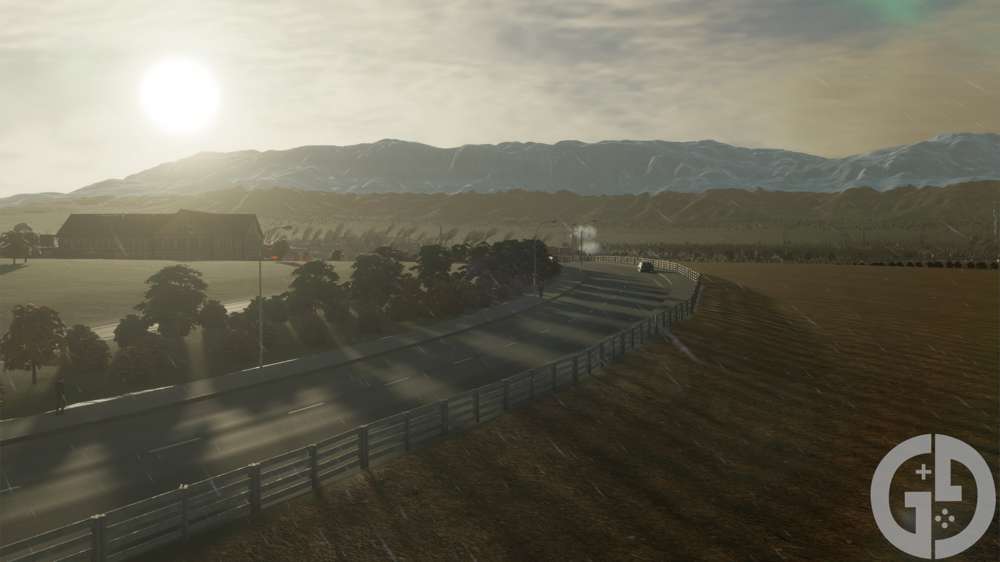
Cities Skylines 2 is more of the same in the best possible way, giving players an abundance of quality-of-life improvements and new adjustments to keep the city-building fun going for years to come. While it doesn't quite have that one new blockbuster feature, nor does it revolutionise the genre in the same way that the original did back in 2015, it is still a brilliant game that you should not miss out on.
Unfortunately, it does come with a barrage of performance issues that dampen the experience in a number of ways and only get worse the bigger your city grows.
Images via Colossal Order
SimCity 4 was probably the first PC game I ever played, but certainly the first I'd ever fallen in love with. I hadn't the faintest what residential density was, and I had a penchant for taking out a far too unsustainable loan whenever possible, but the magic of city building was there nonetheless.
After the huge disappointment of the reboot in 2013, it was only until Cities Skylines in 2015 that I finally moved on from my first city-building love. It was frankly revolutionary, bringing a veritable whirlwind of new features to players that it was genuinely tricky to actually comprehend at first.
Immediately I fell in love once more and delved deep into the never-ending hole of city management all over again. Finally though, over eight years and nine expansions later comes Cities Skylines 2 - with quite significant shoes to fill.
And while Cities Skylines 2 is undoubtedly an improvement over its predecessor - with new quality-of-life enhancements and numerous exciting new features - it can at points feel like iteration instead of innovation, and there are also worrying signs when it comes to performance too.
GGRecon Verdict
Cities Skylines 2 is more of the same in the best possible way, giving players an abundance of quality-of-life improvements and new adjustments to keep the city-building fun going for years to come. While it doesn't quite have that one new blockbuster feature, nor does it revolutionise the genre in the same way that the original did back in 2015, it is still a brilliant game that you should not miss out on.
Unfortunately, it does come with a barrage of performance issues that dampen the experience in a number of ways and only get worse the bigger your city grows.
New developments
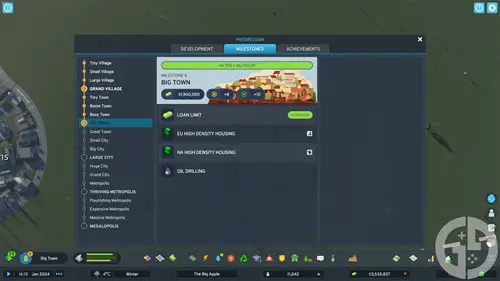
Progression is within the core of Cities Skylines 2, and it has never felt easier to see your city grow your way. At the heart of this lies the new Development Points system that truly unlocks a whole new world of possibilities.
Unlike its predecessor where new roads, buildings, and more were unlocked in a fixed manner as you progressed and your city grew bigger, you now have the opportunity to prioritise what items you want first by investing Development Points into them.
You earn these points after every milestone - achieved not through population gain but XP which is a nice touch if things are a bit stale on the people side of things. Head over to the Development panel and you will be able to see proto-skill trees for each section of the game, ranging from roads to transport, hospitals, and more.
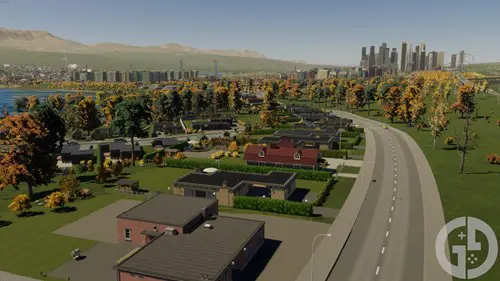
This allows you to pick what you think you need for your city, which hypothetically lets you get higher-end items much faster if you're willing to sacrifice the progression of other areas. I took the opportunity to go straight for the Geothermal Power Plant to avoid creating massive pollution in my city and ensured that I'd unlocked the intersection node to avoid traffic headaches down the line.
Not only does this help alleviate the pain of waiting for a specific item to unlock, but it really does help make the city you're building feel like yours as if you have precisely picked the features that you think are important to keep your citizens going.
Bigger than ever before
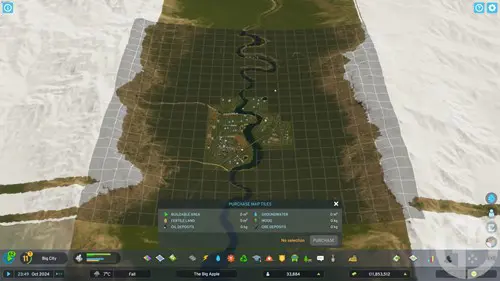
Unlocked at the same time as Development Points too are Expansion Permits, which let you unlock new tiles on Cities Skylines 2's enormous maps. The first game obviously had a large scale to it, but its sequel really takes things to another level with an inconceivable 529 buildable map tiles to be unlocked compared to the original's measly 81 - and that's with a mod!
At the time of writing my city's population is sitting at around 35,000 with what I thought was a sizeable part of the map filled, but upon zooming out on the tile select screen I truly underestimated the sheer size on offer when it comes to building.
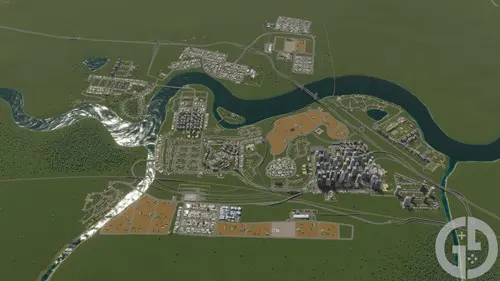
To start so small with just a single road and build it up into a megalopolis is the dream of any keen city-builder, but never before have I seen the sheer potential of an entire world encapsulated quite like this.
There's 'more' everywhere in Cities Skylines 2, giving players an increasingly large number of ways to improve and expand their cities, from expanded zoning types to a whole swathe of new roads, buildings, and landmarks.
Foundations untouched
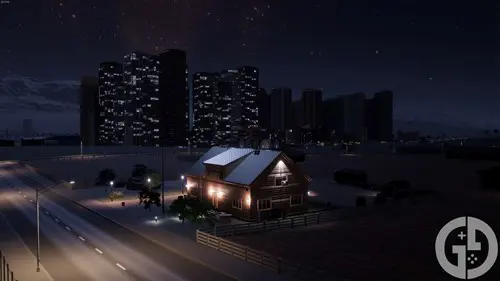
This doesn't just stop at the map size either, as Cities Skylines 2 fundamentally feels like a 'bigger' version of the first game - but that does come with the caveat that it treads largely within the same footprint instead of walking its own new path.
How much of an issue this is to you depends entirely on your own thoughts on the first game, but it is undeniable that Cities Skylines 2 does almost everything that its predecessor does better but with little in the way of shiny new features that might draw in anyone who was turned off by the initial effort.
While this didn't bother me too much, as Cities Skylines is a game I could frankly play forever, it did feel too much at points that I was just starting another save or returning to many of my favourite cities from years ago, and might not be enough for some to really justify a sequel.
Appearing throughout though is an abundance of quality-of-life improvements that iron out many of the creases and frustrations that you might have had before.
One of my favourite new additions is the fact that electricity is now conducted via roads instead of buildings - removing one of my greatest frustrations when zoning would build on the wrong side of an area and thus be left without power. The same also applies to water now too, so you can say a satisfying goodbye to the time you wasted drawing pipes all over your city.

I am also very confident in championing the new road-building system that integrates enhanced snapping tools to increase precision and also lets you enable parallel road drawing to ensure that everything matches up - what a delight! There's even been an overhaul to my beloved roundabouts, letting you embed them directly into your already-drawn roads, solving many a traffic woe.
Traffic overall does largely feel smarter and less of a headache too. I don't know if I've somehow got magically better at managing my roads, but I encountered far fewer instances where cars would be backed up and noticed vehicles taking more intelligent routes to avoid traffic instead of simply going for the shorted journey possible (which, of course, included cutting off 600 other cars on a freeway).
There's even a 'Road Services' tool that you can unlock through the Development Points that lets you add features like traffic lights, stop signs, turning permissions, and more to your city. This still doesn't quite match up to the super in-depth traffic mods of the first game that will likely resurface soon after launch, but it is a remarkable improvement when it comes to the vanilla experience, and auxiliary modifications feel much less of a necessity now.
Performance woes
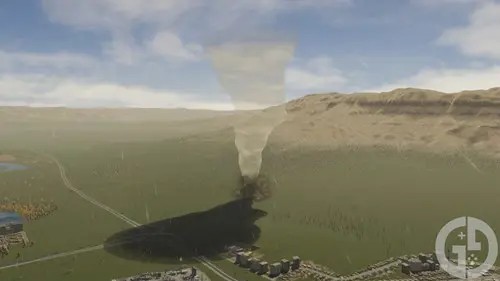
What does unfortunately really feel like a step back though is the overall performance and optimisation of the game, as it is frankly a bit of a mess right now. Cities Skylines was quite the demanding game back when it was released, and it did start to inevitably stress your system when reaching populations above 60,000 or so, but it is clear that its sequel struggles from the offset regardless of your PC's actual hardware.
I am wholly aware that my current Ryzen 3300x CPU is very out of date, and my 3060 Ti GPU is just about good enough at 1440p, but there are multiple reports from players with hardware far beyond my own that are experiencing the exact same issues and limitations.
The only way I could get the game to run beyond 30fps was to dramatically lower the resolution scale, making the game's visuals suffer incredibly, and even with that I still experienced the same consistent freezing, stutters, and instability when moving around and zooming in and out.
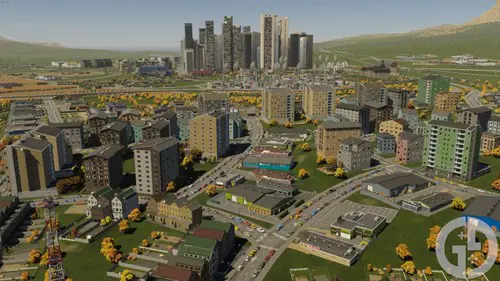
Rain also seems to not just cause frustration for your citizens, but also for your PC - as it creates quite the performance hit when my system was already on its knees. What makes this problem even worse is just how much it rains too - I know I live in the U.K. and should be used to it, but it would be nice to see my city in the sunlight more often than not!
There are some settings that do help make the experience more smooth and consistent, but that doesn't compensate for the overall lower framerate and degraded performance.
Cities Skylines 2 does look great and is a visual improvement over the original, but the costs are perhaps a little too much when it comes to the actual experience of playing the game, and this will continue to dampen my excitement if nothing changes in the future.
The Verdict
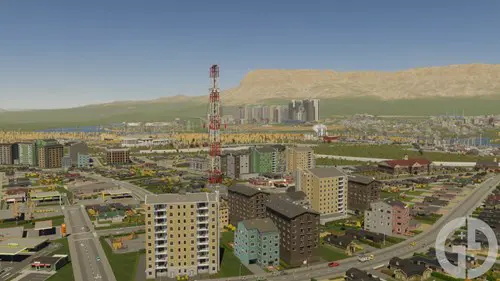
Cities Skylines 2 is undoubtedly an excellent game that is an improvement over its predecessor in many ways. It brings a swathe of quality-of-life features to the table and introduces new ideas that help freshen up each new city that you embark upon.
While it doesn't revolutionise the genre in the same way as the first game did over eight years ago now and might struggle to draw in players that weren't sold before, it is very much an entry that truly dedicated fans of the series will enjoy. The only significant caveat at the moment though is the significant performance issues that unfortunately grow more intrusive the more that you play, leaving a somewhat bitter taste in what should be a fantastic achievement.
4/5
Reviewed on PC. Review copy provided by the publisher.
Comments

